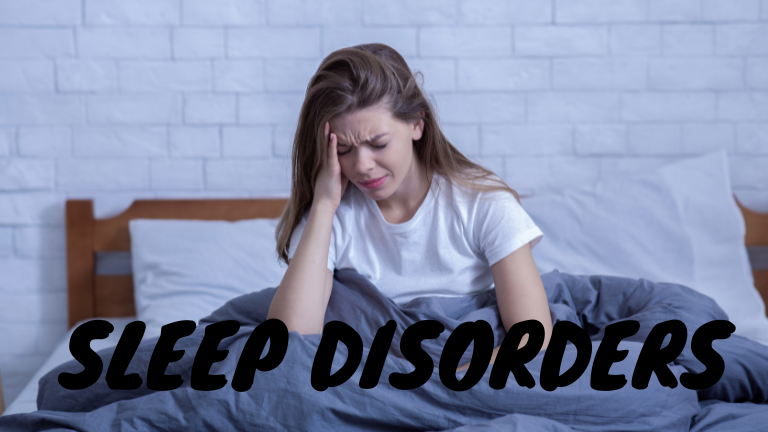Sleep Study: Understanding the Importance of a Good Night’s Rest
Sleep is an essential part of our daily routines, since it lets our minds and bodies refuel and recharge. However having a restful night’s slumber isn’t easy for a lot of people.
Sleep disorders like insomnia, sleep apnea, the restless leg syndrome, as well as narcolepsy may dramatically affect the quality of your sleep as well as overall health.
In these instances the results of a sleep study could provide valuable insight into the underlying causes behind these conditions and provide suitable treatment options.
The Impact of Sleep Disorders
Sleep Apnea is a common sleep disorder characterized by breathing interruptions during the night that last from seconds to minutes in duration, often occurring repeatedly throughout the night.
These interruptions in breathing may disrupt restful slumber, leading to daytime fatigue or other health complications. Insomnia refers to difficulty sleeping or difficulty falling asleep, leading to insufficient restful sleep.
Restless legs syndrome is an irresistible urge to move the legs, often associated with pain or discomfort and making finding an acceptable sleeping position difficult.
Narcolepsy is a neurological condition which affects how your brain regulates sleep-wake cycles resulting in excessive daytime drowsiness as well as sudden sleeping attacks during the daytime.
.
The Role of Sleep Studies
If you are having issues sleeping, it is crucial to undergo a sleep analysis in order to ascertain its source. A polysomnography sleep test, also known as polysomnography, is an uninvasive procedure which measures various physiological parameters during sleep – eye movement, brain activity, breathing patterns, heart rate and oxygen levels are among them – in order to accurately diagnose sleep disorders and recommend treatments options.
Sleep studies require either spending the night at a sleep center, or conducting one at home using electronic monitoring devices attached to sensors worn during sleep to monitor physiological parameters.
They could include using electronic wearable devices that record data during your restful nights – both methods provide useful data that allows sleep specialists to analyze your sleeping patterns and identify any disorders related to restful slumber.
Treatment Options for Sleep Disorders
Once a sleep disorder has been accurately identified through an examination of sleep, various treatments are available to address it.
Continuous positive airway pressure (CPAP) therapy is typically suggested for people suffering from sleep apnea; it involves wearing a mask over your face or mouth while sleeping that supplies air continuously to keep the airway open while providing continuous positive airway pressure (CPAP).
Other possible solutions could include lifestyle modifications, oral appliances or in extreme cases surgery as potential solutions.
Cognitive-behavioral therapy to treat insomnia (CBT-I) is often recommended as a solution for those suffering from insomnia. CBT-I aims at identifying and fixing its root causes while creating healthier sleeping patterns; medications may temporarily ease discomfort but do not offer long-term solutions.
Restless legs syndrome can be treated by making lifestyle adjustments such as regular exercise, limiting stimulants intake, and employing relaxation techniques.
Sometimes medication may also be prescribed to alleviate symptoms and enhance quality of sleep. Narcolepsy treatment usually includes both medications and lifestyle modifications in order to curb excessive daytime sleepinginess as well as unexpected attacks of insomnia.
Embracing a Good Night’s Rest
No matter whether or not your sleep disorder has been officially identified, making sleep a priority and developing healthy sleeping habits are vital components of overall wellness. Here are some suggestions to help ensure a good night’s rest:
Important note about weekend-Stay on a consistent sleep schedule to promote restful slumber
Establish a bedtime ritual so that your body knows it’s time for sleep. Achieve this by making sure your bedroom is dark and quiet. Doing this will also help create a relaxing environment that promotes restful slumber.
Additionally, try not using electronic devices, caffeine beverages or eating large meals before bedtime as this may reduce any potential distractions from falling asleep faster.
Take part in regular physical exercise, being careful to refrain from engaging in the evening exercise sessions.
Avoid taking long afternoon naps as these may disrupt sleep at night.
A good night’s rest is vital to both mental and physical well-being; if you suspect you suffer from a sleep disorder, do not hesitate to consult an expert and conduct a study on it – once identified, taking steps may help improve both quality of rest as well as overall satisfaction levels.





